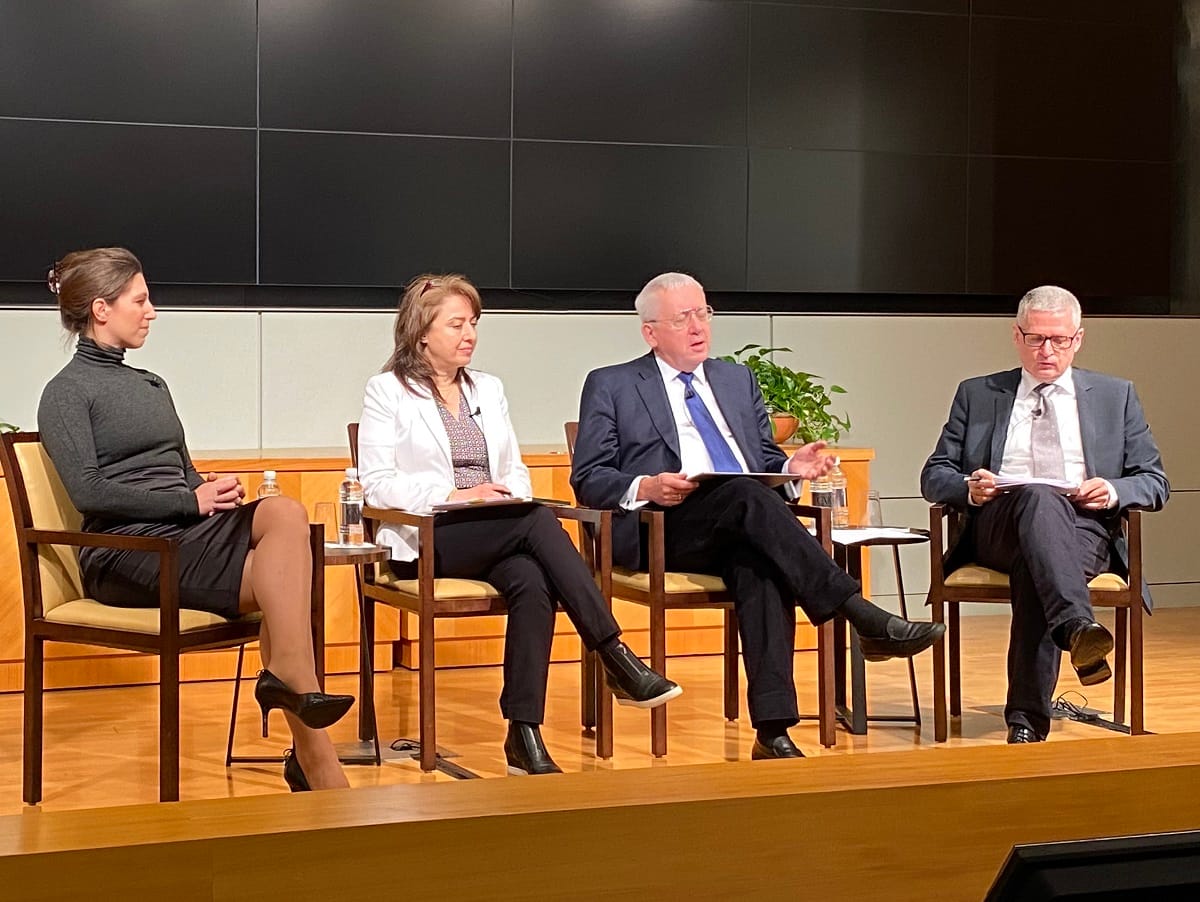Despite A Significant Role in Shaping the Online World, the Future of Section 230 is Still Unknown
WASHINGTON, March 10, 2020 – CATO Institute Vice President John Samples on Tuesday compared the continually changing territory that Section 230 occupies in the broadband world to the coronavirus. While the past of Section 230 of the Communications Decency Act is constantly examined, the future of th










Member discussion